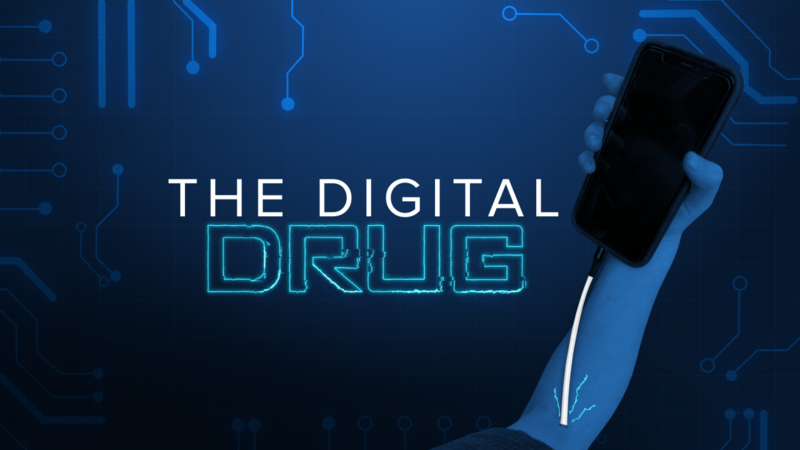Title: Exploring the Controversial Realm of Digital Drugs

In an age where technology continues to shape our lives in profound ways, the concept of "digital drugs" has emerged as a topic of both curiosity and concern. These digital substances, often referred to as "iDoses," have sparked debates about their legitimacy, safety, and the extent of their influence on the human mind. This article delves into the world of digital drugs, providing an overview of what they are, how they work, and the ethical and health considerations surrounding them.
● Defining Digital Drugs
Digital drugs are audio tracks or soundscapes designed to induce altered states of consciousness in the listener. These states can range from relaxation and meditation to increased alertness and focus. Some proponents even claim that certain digital drugs can replicate the effects of recreational substances like marijuana, LSD, or ecstasy, all through the power of sound.
●How Do They Work?
Most digital drugs operate on the premise of binaural beats or isochronic tones. Binaural beats involve playing two slightly different frequencies in each ear, and the brain perceives a third frequency as the difference between the two. This third, "binaural" frequency can purportedly synchronize brainwave patterns, leading to altered mental states.
Isochronic tones, on the other hand, use evenly spaced pulses of sound to stimulate brainwave activity. Different frequencies are believed to induce specific states, such as relaxation or focus.
●The Controversy
The controversy surrounding digital drugs primarily revolves around three key issues:
**1. Legitimacy:** Skeptics argue that the effects of digital drugs are largely a placebo or psychosomatic response. There is limited scientific evidence to prove their efficacy, leading many to question their legitimacy as a means of altering one's mental state.
**2. Health Concerns:** Concerns have been raised about the potential negative impact on mental health, especially in individuals who may misuse or become dependent on digital drugs. While some tracks claim to offer therapeutic benefits, the safety of relying on them for mental health needs remains unproven.
**3. Ethical Considerations:** The ease of access to digital drugs via the internet raises ethical questions. Are these soundscapes a form of digital escapism or self-medication, and do they address the underlying issues that people might be trying to escape from?
● The Power of Suggestion
One aspect to consider in the digital drug debate is the power of suggestion. The human mind is remarkably susceptible to the influence of expectations and beliefs. In some cases, the mother belief that a particular audio track will induce a certain state of consciousness can lead to the desired effects, blurring the line between genuine brainwave alteration and the placebo effect.
## Conclusion
The world of digital drugs is a complex and contentious one. While some users find value in these audio tracks for relaxation, focus, or meditation, the scientific community remains skeptical about their effectiveness. Moreover, concerns about potential misuse, mental health risks, and ethical implications make the topic all the more challenging to navigate.
In this evolving digital age, it is essential to approach digital drugs with caution and critical thinking. While they may hold potential benefits for some, understanding the science, considering the ethical dilemmas, and prioritizing mental health and well-being should be paramount in any discussion about these intriguing and controversial phenomena.



/image%2F0404232%2F20240519%2Fob_6acde0_quotes-instagram-post-20240519-194503.png)
/image%2F0404232%2F20240519%2Fob_cdb796_black-modern-minimalist-daily-quotes-i.png)
/https%3A%2F%2Fmiro.medium.com%2Fv2%2Fresize%3Afit%3A1200%2F1%2AF0E-SRQarSoLwSnfS9eTnQ.jpeg)
/image%2F0404232%2F20240519%2Fob_473bc6_blue-modern-cryptocurrency-instagram-p.png)